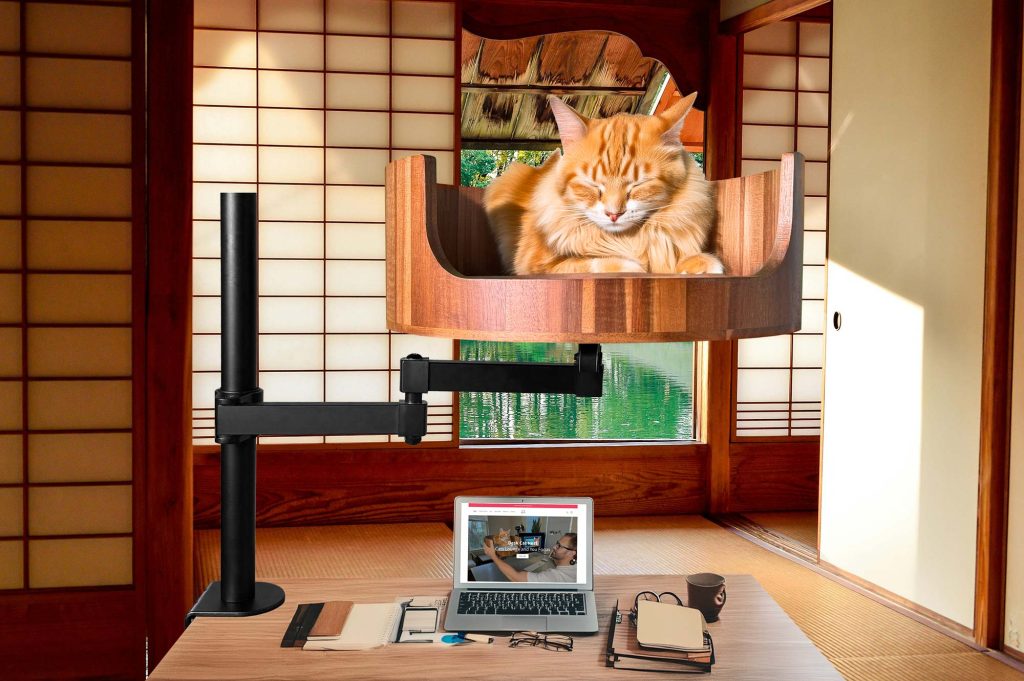As our beloved feline friends age, it can sometimes be difficult to tell when they are entering their golden years. Cats are masters of disguise when it comes to showing signs of aging, often hiding their discomfort or changes in behavior. In this article, we will explore the key signs to look for to determine if your cat is entering its senior years, offering insight and guidance on how to best care for your aging companion.
From changes in physical appearance to shifts in behavior and energy levels, there are several common indicators that can help you determine if your cat is getting older. By understanding these signs and being proactive in monitoring your cat’s health, you can ensure your furry friend receives the best care possible in their later years. Whether it’s paying attention to changes in appetite, mobility, or grooming habits, we will cover a variety of key points to help you assess your cat’s age and provide the necessary support and accommodations to keep them comfortable and happy. By staying vigilant and observant, you can better understand your cat’s needs as they navigate the journey of growing older.
1. Changes in behavior such as decreased activity, excessive sleeping, or increased irritability may indicate your cat is getting older.
2. Physical signs of aging in cats include graying fur, weight loss, and decreased muscle tone.
3. Regular veterinary check-ups are essential to monitor your cat’s health as they age.
4. Dental issues and arthritis are common problems in older cats that should be addressed with your veterinarian.
5. Providing a comfortable and safe environment, including a cozy cat nest, can help senior cats age gracefully and comfortably.
Changes in Appearance
As cats age, their appearance can change in several ways. They may develop grey or white fur, their whiskers may become brittle, and their eyes may appear cloudy. Older cats may also lose muscle mass, leading to a bony or frail appearance. Paying attention to these physical changes can help you determine if your cat is entering their senior years.
Decreased Activity Levels
One of the most common signs of an aging cat is a decrease in activity levels. Older cats may spend more time sleeping and resting, and may be less interested in playing or exploring. If you notice that your cat is napping more frequently or seems less interested in their toys, it could be a sign that they are getting older.
Changes in Behavior
Changes in behavior can also indicate that your cat is aging. They may become more irritable or less social, and may have difficulty with tasks they used to do easily, such as grooming themselves. Older cats may also become more vocal or show signs of confusion. Monitoring your cat’s behavior can help you determine if they are experiencing age-related changes.
Health Issues
Older cats are more prone to certain health issues, such as arthritis, dental problems, and kidney disease. Keep an eye out for signs of pain or discomfort, changes in appetite or weight, and litter box problems. Regular veterinary check-ups can help detect and address any health issues your cat may be facing as they age.
## Frequently Asked Questions
### How can I tell if my cat is old?
There are several ways to determine if your cat is getting older. Some common signs include changes in behavior, decreased activity levels, weight loss, dental issues, and changes in appearance such as gray hair or stiffness in joints. If you are unsure, it is always best to consult with your veterinarian for a professional opinion.
### What age is considered “old” for a cat?
Cats are generally considered seniors around the age of 7, but this can vary depending on the breed and health of the individual cat. By the time a cat reaches 10-12 years old, they are often considered geriatric. However, these are just general guidelines and every cat ages differently.
### What health problems are more common in older cats?
As cats age, they are more prone to developing certain health issues such as kidney disease, dental problems, arthritis, hyperthyroidism, and cancer. Regular veterinary check-ups can help detect and manage these conditions early on.
### Should I make any changes to my older cat’s diet?
Older cats may benefit from a diet that is specifically formulated for senior cats. These diets are typically lower in calories and higher in protein to help maintain muscle mass. It is important to consult with your veterinarian before making any changes to your cat’s diet.
### What can I do to help my older cat stay comfortable and happy?
There are several things you can do to help your older cat stay comfortable and happy. Provide soft bedding for them to rest on, keep their litter box easily accessible, and consider adding ramps or steps to help them access their favorite spots. Regular exercise, mental stimulation, and lots of love and attention can also help improve their quality of life.
In conclusion, investing in a Desk Cat Bed is a valuable choice for determining if your cat is entering old age. This specialized bed provides a comfortable and supportive resting place for your feline friend, helping to alleviate joint pain and stiffness commonly associated with aging. By providing a cozy and ergonomic sleeping solution, you can ensure that your cat is well-supported as they navigate the challenges of getting older. Additionally, the Desk Cat Bed’s design encourages rest and relaxation, allowing you to easily monitor changes in your cat’s behavior and mobility, giving you insight into their overall health and well-being. Overall, the Desk Cat Bed is a smart and practical choice for keeping your aging cat comfortable and happy.


